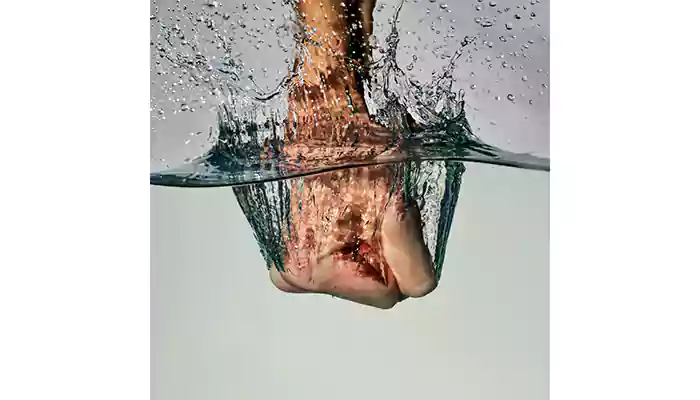Hard water is now a familiar term all over the world.
As research has found, it can have some significant impacts on your life.
Read ahead!
In simple words, hard water refers to water that contains higher amounts of dissolved calcium, magnesium, chlorides, sulfates, iron, sodium, and other components.
This "hardness" occurs when groundwater flows through deposits of chalk, limestone, or gypsum - which are made up of calcium and magnesium carbonates, bicarbonates, and sulfates.
Water hardness has two major types:
Temporary Hardness; when water contains dissolved bicarbonate minerals (such as calcium bicarbonate and magnesium bicarbonate). This hardness can be removed by using the lime softening process or boiling the water.
Permanent hardness; when water contains calcium and magnesium in the form of sulfates, chlorides, and nitrates. This hardness is difficult to remove, compared to the other type. However, you can use washing soda or huge amounts of lime for the purpose.
What are the signs of hard water?
There are several signs indicating that the water at your home is hard.
Unpleasant taste and smell.
White and chalky spots on dishes (and also dishwasher).
Ugly stains on clothes coming out of the washing machine. Clothes may also look dull, feel rough, and wear out quickly.
Scales on faucets and showers which don't go away from washing.
Less effectiveness of soap products on your body.
Low water pressure from faucets and showers. This occurs due to mineral deposits in the pipes.
So, how does hard water affect your health?
Research has found that hard water can have both positive and negative effects on human health. Drinking 2-3 liters of hard water every day may help your body to get the recommended daily intake of calcium & magnesium. Several studies have shown that this might be beneficial to prevent cardiovascular diseases. Also, in some particular cases, it may help in the treatment of colon, gastric, rectal, ovarian, and esophageal cancer.
However, a research study has also found that consuming hard water regularly can lead to kidney dysfunction. This, in the long run, is associated with several other issues as well.
It can be detrimental to both your hair and skin health. Having a shower with hard water regularly can lead to mineral build-up on your scalp. This can further cause dandruff, dryness, itchiness, breakage, and even hair loss. Also, it makes your skin dull, irritated, and itchy. In the long run, it can lead to eczema and other critical skin issues as well.
The best way to get rid of water hardness is to use a water softener. There are many such products available in the market.


